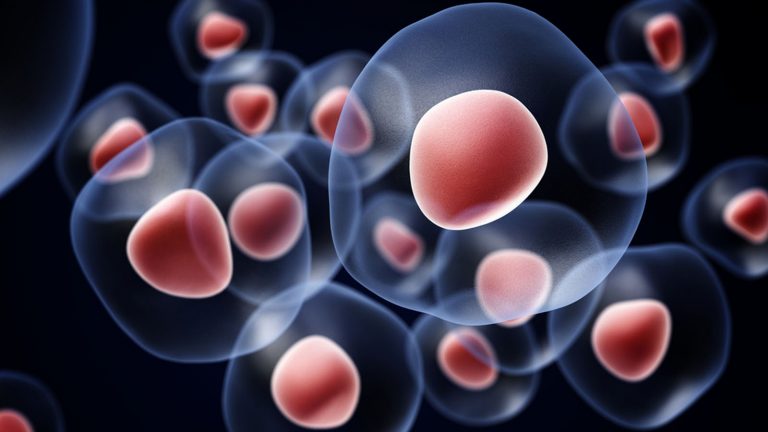
Capricor Therapeutics Inc (NASDAQ:CAPR) announced on Monday that it’s going to put out topline from one of its lead study pre market today. The data literally just hit press (circa 6am EDT) and an initial glance over the numbers looks pretty good. The company traded up around 20% after hours’ yesterday, and it looks as though we’re going to see some more strength hit the tape as the markets open on Tuesday.
With this in mind, and ahead of the market open, here’s a look at what the data addresses, what the drug is, and what it means for the company going forward.
So, the drug is called CAP-1002, and it’s under investigation as a potential therapy for Duchenne muscular dystrophy, or DMD. Many reading will already be familiar with this condition – especially those that have followed the biotechnology space over the last twelve months. There was a large furor when it looked as though Sarepta Therapeutics Inc (NASDAQ:SRPT)’s DMD asset Eteplirsen might get turned down when it went in front of the FDA last September, and the agency would likely have been justified in not approving the drug based on the data Sarepta presented (very little efficacy, but seemingly safe). However, given the fact that there are basically no treatments available in the space, and it’s a life threatening, and debilitating, condition, the patient population wanted a chance at a treatment, however questionable the efficacy might be. The FDA approved the drug, and it’s actually not doing too bad for the company from a revenues perspective (although with it being priced at hundreds of thousands of dollars annually, it’s not too much of a stretch to bring in considerable dollar sales).
Anyway, the point is, there’s still a relatively large unmet need in DMD right now, and while patients finally have access to a treatment, they desperately need a more effective one.
This is where Capricor is hoping to come into the picture.
It’s not going after the DMD specifically, but it’s trying to treat a condition that is commonly associated with DMD, and just surpassed respiratory causes as the leading cause of death in DMD patients – what’s called cardiomyopathy. It’s a form of heart disease, and it’s essentially the stretching and thinning of the muscle that lines the heart. It leads to weakening, fibrosis, and a serious decline in function over time – if left untreated. The drug, CAP-1002, is designed to induce what’s called cardiomyogenesis, which is another term for the regeneration of the cells that form the muscle lining of the heart.
If it works, it could be a game changer.
So what did the data tell us?
Well, the was a safety and exploratory investigation, a phase I/II called HOPE, and it looked at the impact of the drug (tolerability, clinical benefit) in 25 DMD patients. All patinets received a single dose, and were monitored over a six-month period.
The primary endpoint was safety – and it seems as though there’s not been any real safety problems outside those expected as part of the study. A number of secondary endpoints were set up to assess clinical benefit – cardiac structural composite, a functional composite (as assessed by change in mobility measurements, a six-minute walk test and upper limb performance) and some biomarkers that are generally associated with cardiac degeneration.
Capricor hasn’t actually given markets any numbers yet, but the company has said that the patients treated with CAP-1002 demonstrated statistically-significant (p<0.05) improvement compared to usual care controls in certain measures of cardiac and upper limb function.
That’s suggestive of an endpoint hit on at least two of the focus points on the secondaries, and with the statement that CAP-1002 was generally safe and well-tolerated over the initial six-month follow-up period, it looks as though the drug has also achieved a primary endpoint hit.
So what’s next?
Well, management is set to hold a conference call just before market open (8am EDT) today, and chances are we’ll get some more specifics on the numbers during the call. It’s reasonable to conclude, however, that this data will justify advance, and based on the potential for a designation called Regenerative Medicine Advanced Technology, or RMAT, we could see approval based on this data at best, or a reduced necessity (one more small trial) pivotal requirement at worst.
Again, management will likely touch on this in the upcoming call.




